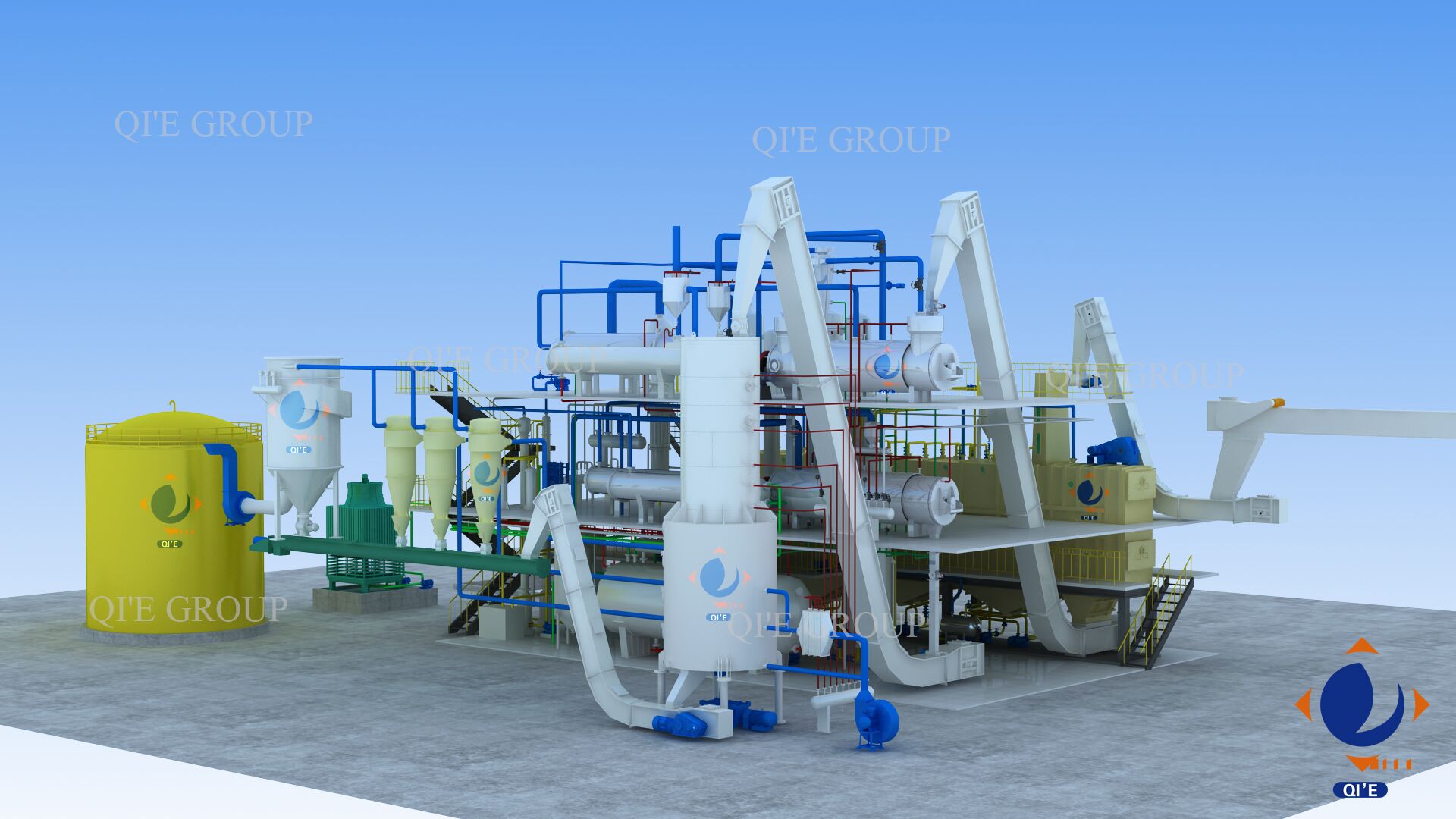Product Details
Our soy protein isolate is a high-quality vegetable protein product extracted from non-genetically modified soybeans through advanced technology. This product contains more than 90% protein, is low in fat, low in carbohydrates and contains no cholesterol, making it an ideal choice for nutritional supplements, fitness foods and vegetarian products. Our soy protein isolate is carefully processed to ensure minimum fishy odor and provide good emulsification properties, gel forming capabilities and water solubility, making it a premium ingredient in a variety of food and beverage formulations. As a company focusing on B2B exports, we are committed to providing high-quality products that meet strict international standards. Not only that, our production process strictly follows the principles of sustainable development, aiming to protect the environment and meet the high needs of customers. By choosing our soy protein isolate, you will get food ingredients that are fully functional, have a wide range of applications and are reliable to help your business develop.
1. High protein content: This product has a protein content of more than 90%, which can provide a high-quality protein source for the food industry.
2. Low-fat, low-carbohydrate: Soy protein isolate is obtained by removing fat and carbohydrates from soybeans and is suitable for consumers who need a low-fat or low-carbohydrate diet.
3. High digestion and absorption rate: Special process treatment ensures that protein is easy to digest and absorb.
4. Cholesterol and lactose free: Suitable for people with lactose intolerant and consumers seeking a healthy diet.
5. Wide uses: It can be used as a protein enhancer or nutritional enhancer in various industries, such as meat products, dairy products, fitness foods, nutritional supplements, etc.
6. Non-GMO: Derived from non-GMO soybeans to meet the market demand for non-GMO products.
7. Good solubility: It has good water solubility and is easily distributed evenly in various foods.
1. Meat products: Used as texture improvers and humectants in meat products.
2. Dairy substitutes: Alternatives to soy milk, tofu and other dairy products.
3. Nutritional health foods: Increase the protein content in protein drinks, nutrition bars, protein powders and other fitness foods.
4. Brewing and condiments: Used to produce condiments and fermented foods to increase taste and nutritional value.
5. Vegetarians: Used as a source of protein for vegan burgers and other plant-based meat products.





























